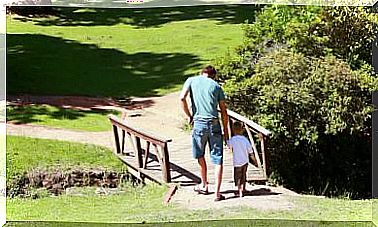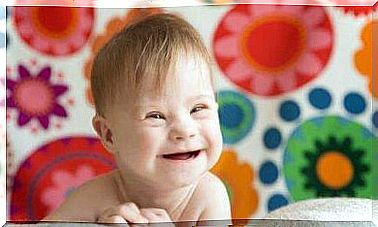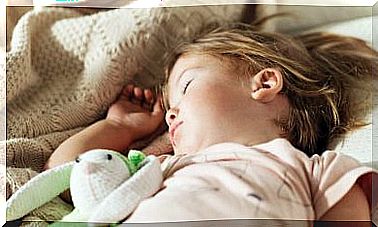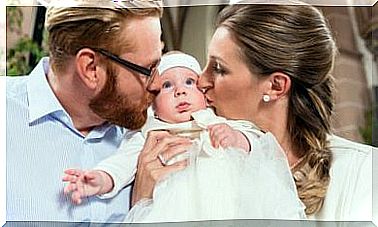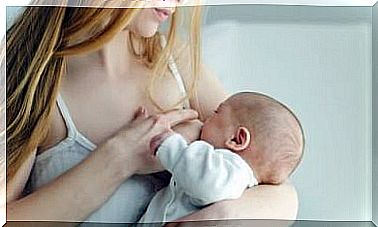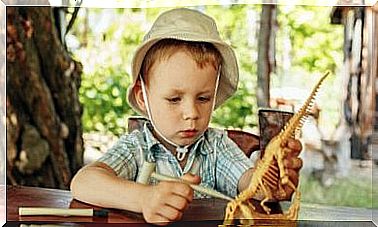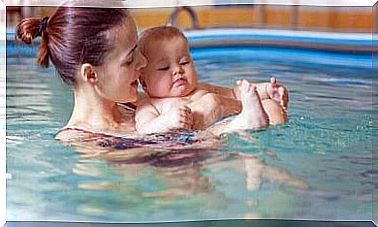The First Year Of Life – Games For Babies
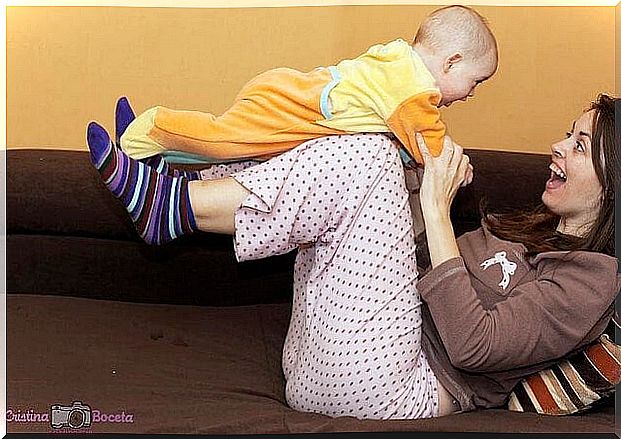
In the first year of your child’s life, games for babies and playful gestures such as pantomime are essential for healthy development. In this article we will show you a few games for babies that you can play with your child – depending on how developed your child is.
These games can help build affection for one another. They also help develop the child’s senses and stimulate the psychomotor centers of the brain. The most important thing is that they create an environment in which the child can feel safe and loved.
Children initially get to know the world through games for babies. So let’s not talk about it for long …
Let’s play! Games for babies in the first year of life
From 0 to 3 months
During these months, babies don’t actually do much other than eat and sleep. The stimulation must take place accordingly when the little one is awake and waiting for the meal.
You can use song to stimulate your children’s senses by calling them by name, taking their hand, or letting them hold your finger so they can identify you.
After a bath, you can massage the baby with a little cream. You can massage his stomach and extremities to aid his digestion and allow him to relax his arms and legs.
Take his legs and gently move them as if they were pedals on a bicycle to strengthen his muscles. It also feels good for the child when you kiss their feet.
Pediatricians recommend taking the child out for a walk in the morning to stimulate vitamin D production in their body. Take a toy with you that makes a noise during these walks.
Dancing and singing while holding the baby can also be a lot of fun. This can also help him identify your voice and gestures. Always talk to him with joy in your voice.
Perform small safety and relaxation rituals with the baby before bathing or going to sleep. This will make these tasks easier for both of you.
For example, you can leave them naked or with diapers in their cradle for a few minutes before bathing them. This way, it understands that it will be bath time soon.
In the same way, before going to bed, you can darken the room, turn off electronic devices, and create a quiet environment. The child will soon get used to it.
From 3 to 6 months
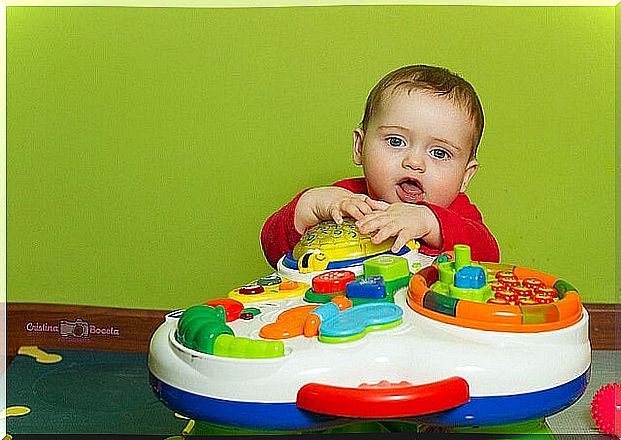
At this age, a baby already recognizes its surroundings. It will also be significantly more active. Make bath time one of your baby games.
Have fun kicking your feet in the water. You can also give him a rubber duck to play with.
Changing diapers can also be done at a fun time. Tickle your child’s tummy, let them play with toys and sing something to them.
At this age, children want to touch everything and put it in their mouths. Be careful not to allow him to play with toys that have small parts. Stuffed animals that make noises or play balls are safe and fun options.
Let the baby stand on your legs or something else while you hold them and sing to them. Babies love it when you sing something to them.
This is also a good age to start reading children’s books to him. Books with repetition or onomatopoeia are recommended.
From 6 to 9 months
At this age, your child will have enough strength in their arms and legs to crawl. Play with him with a ball or by throwing toys.
Have them make noises, for example with a xylophone, piano, or other toys that make noises when you play with them.
Include geometric figures in baby games. Your child will try to identify objects by saying syllables or making noises.
From 9 to 12 months
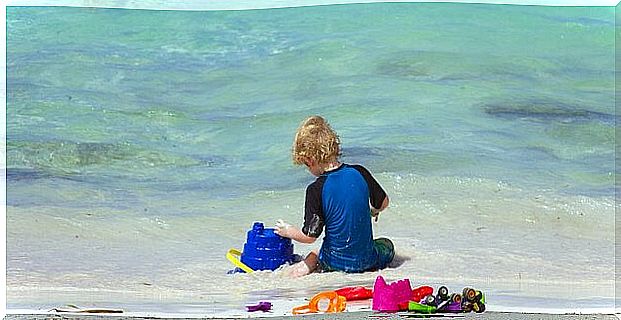
During this phase, your child will be extremely curious. Before it can even crawl properly, it will try to run. It will try to stand up by leaning against low objects or a wall.
You should therefore watch it permanently. It is important to create a safe environment, for example by installing child safety locks on electrical outlets.
It is also recommended to get a soft foam mat on which the child can discover and try out without risk.
Continue to test his musical repertoire and reading skills. Call it by name and show it various facial expressions. At this age you can also play Hoppe-Hoppe-Reiter with him or take him on your shoulders. You can also let it play with the pets.
